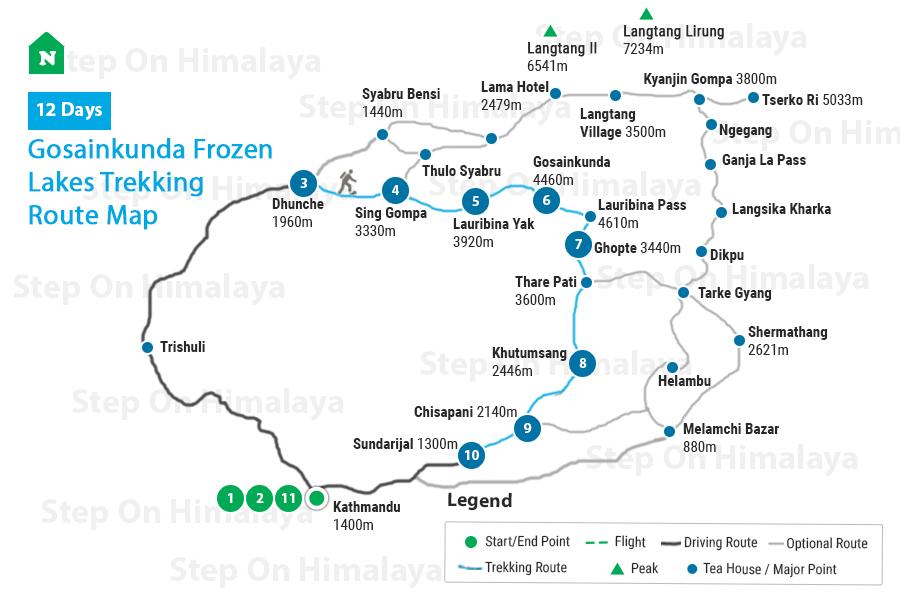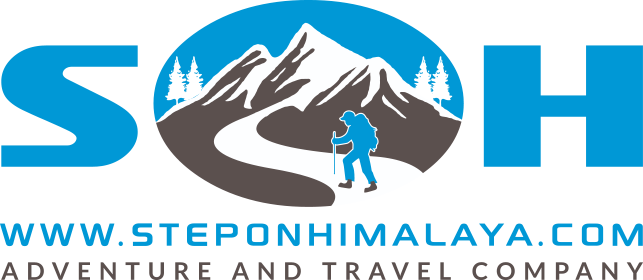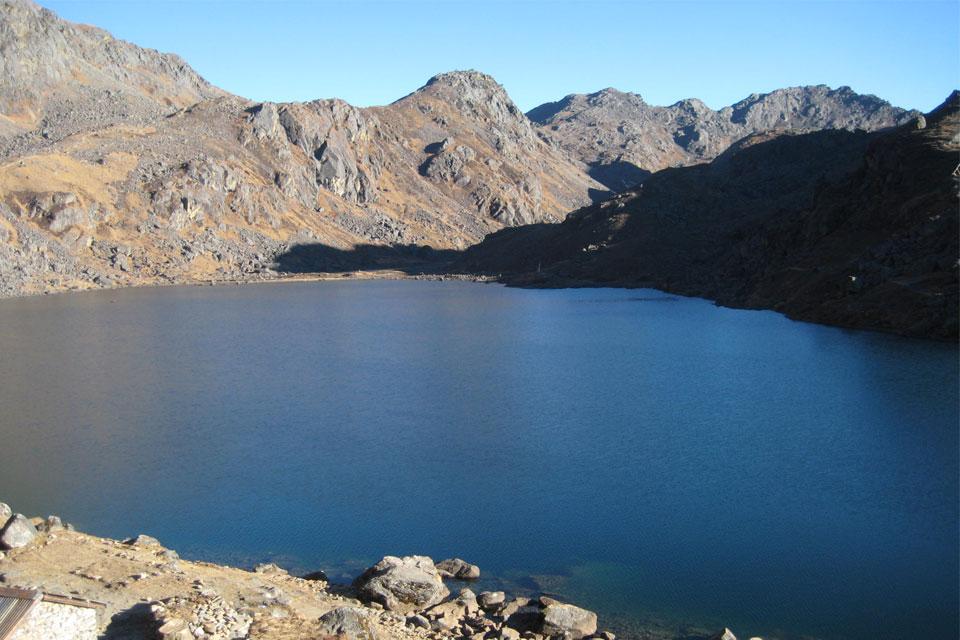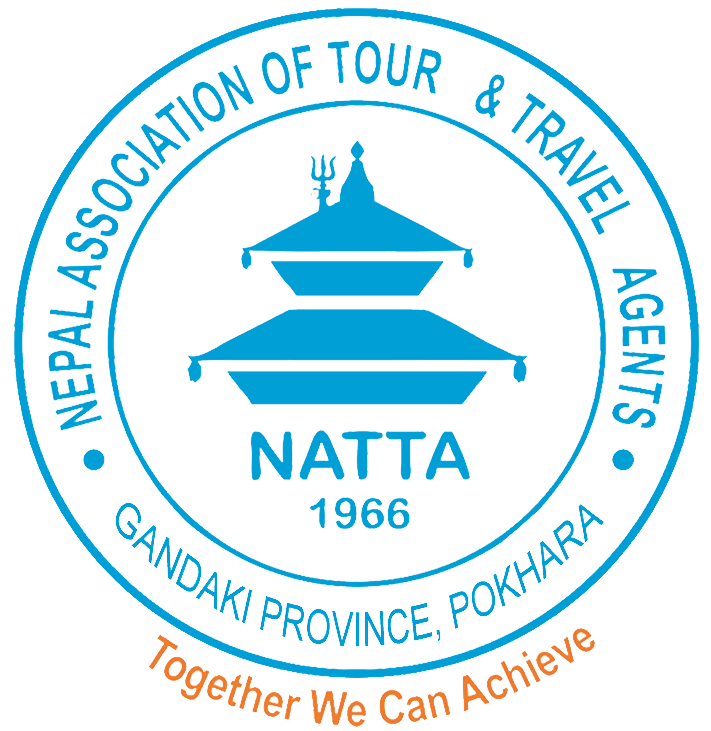Gosainkunda Frozen Lakes Trekking
Trip Overview
Trip at a Glance
Gosainkunda Frozen Lakes Trekking
Gosainkunda Frozen Lakes Trek takes you to the Langtang region to explore the freshwater lakes of Gosainkunda. The region situated in the north of the Nepalese capital city, Kathmandu, has an expansive view of mountains to enjoy. The lakes in Gosainkunda are considered to be sacred from a spiritual and religious point of view.
Trekking to the sacred lakes of Gosainkunda brings you a chance to explore the beautiful nature and enthralling views of the mountains. This trek is one of the nearest Himalayan adventures from Kathmandu.
What is Gosainkunda Frozen Lakes Trek like?
Our trekking package to the sacred lakes of Gosainkunda is a 12-day trip in total. While you are on this adventure, we take care of you from your arrival in Kathmandu to departure after the trip.
Although the trek is in the nearest Himalayan region from Kathmandu, you will need to drive a full day to reach the trailhead. The trek begins from Dhunche in Rasuwa district where the Langtang region of the Himalayas lies.
But you will go for a full day of sightseeing tour in Kathmandu before driving to Dhunche. The sightseeing tour is a wonderful immersion in the history and culture of Kathmandu Valley. It gives you a perfect start to the trip to Nepal.
When you go for the trek, the trail leads you through the beautiful places of Dhunche, Thulo Syabru, Sing Gompa, and eventually Gosainkunda. You will also trek past a mountain pass called Lauribinayak Pass along the trail. It brings you a wonderful panoramic view of the mountains in the Langtang range.
While this trip is an independent trip leading you to Gosainkunda Lake, it can also be combined with Langtang Valley Trek.
Why Gosainkunda Frozen Lakes Trek?
A Himalayan as well as a sacred region trek, this adventure is a beautiful trek in the Langtang region. You love this trek if you-
- Love to explore mountains with fewer travelers
- Enjoy watching mountains throughout the trek
- Are comfortable spending time in the remoteness of mountains
- Want to enjoy the natural and spiritual vibes of Gosainkunda and the region
- Want to trek near Kathmandu and yet enjoy Himalayan adventure
Detail Itinerary
Is the proposed itinerary suitable for you?
If you are looking for a custom itinerary, please feel free to reach out to our team of professionals at any time.Trip Map

Cost Details
What is included?
- All the necessary ground transportation from and to the airport.
- Hotel accommodation in Kathmandu
- 3 meals (Breakfast, Lunch, and Dinner) with Lodging during the Trekking
- Trekking guide (Trained, Government Licensed, Experienced and English speaking)
- Porter carrying a maximum weight of 15 kgs per trekker
- All expenses of Staff (Guide, porter and if any other staff) like Food, Accommodation. Insurance, Transportation, Taxes, Salary, etc.
- First Aid kit
- All the required documentation
- Trekking permits, TIMS, National park entrance fees
- All the government and local taxes with tourist service charges
What is not included?
- International Airfare
- Entrance visa to Nepal
- Meals during Kathmandu stay
- Beverages during trekking
- Personal expenses like laundry, bar bills, hot shower, recharging of the battery, etc.
- Travel and Medical Insurance
- Rescue charges
- Any other extra expenditures that are not included in “Service Includes” section.
- Tips and Gratuities for the staff












